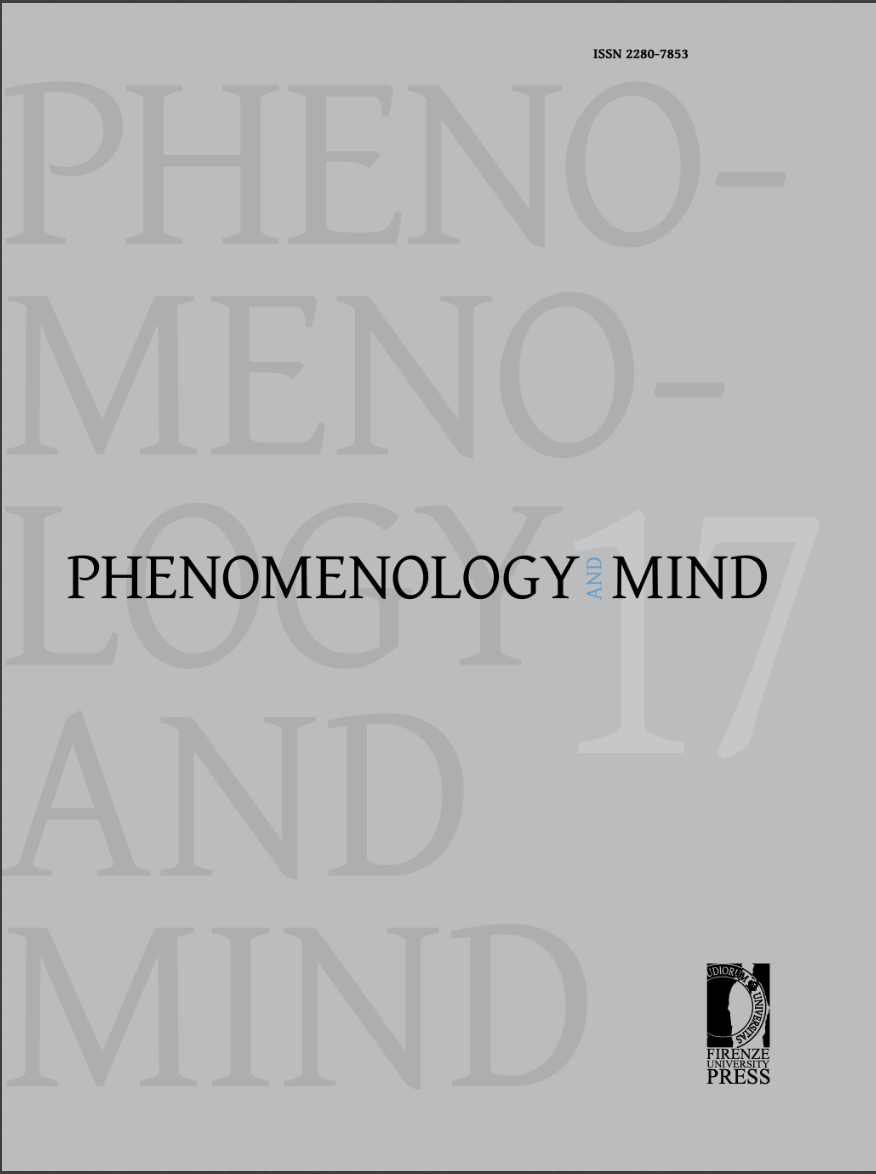Published 2017-01-03
Keywords
- cognitive phenomenology,
- having thoughts,
- grasping thoughts,
- independence
How to Cite
Abstract
In this paper, I first want to provide an argument (actually, a two-step argument) in favor of the claim that, qua primitive form of phenomenology, cognitive phenomenology is not only irreducible to, but also independent of, sensory phenomenology. Second, I want to claim that the two cognitive phenomenologies that the previous argument has respectively shown to be independent of and merely irreducible to sensory phenomenology, namely the phenomenology of having thoughts and that of understanding thoughts, also instantiate different general kinds of cognitive phenomenology, i.e., a merely proprietary phenomenology and a both proprietary and distinctive phenomenology respectively. Third, I gesture towards a generalization of this distinction: any independent cognitive phenomenology is merely proprietary, any irreducible cognitive phenomenology is both proprietary and distinctive. In order to do so, finally, I have to dismantle Pitt’s (2004) argument to the effect that all cognitive phenomenology is not only both proprietary and distinctive, but also individuative.

